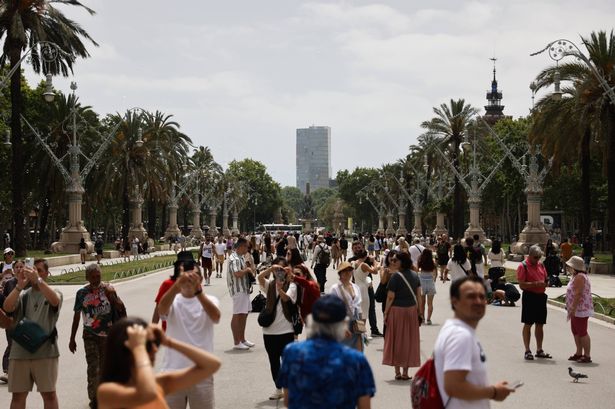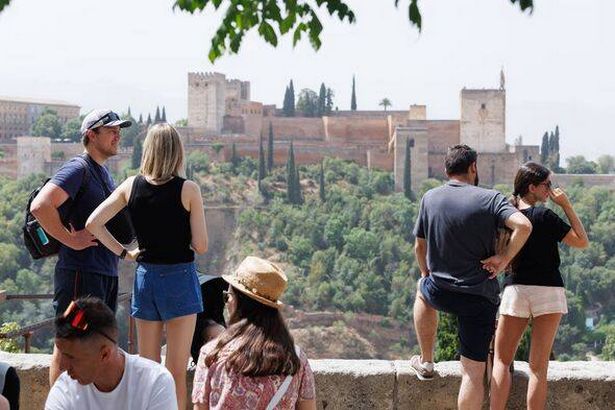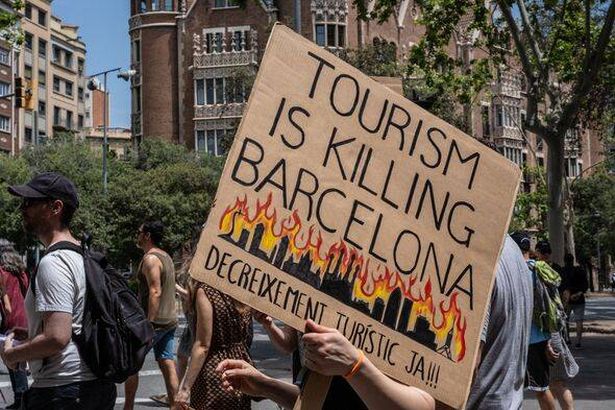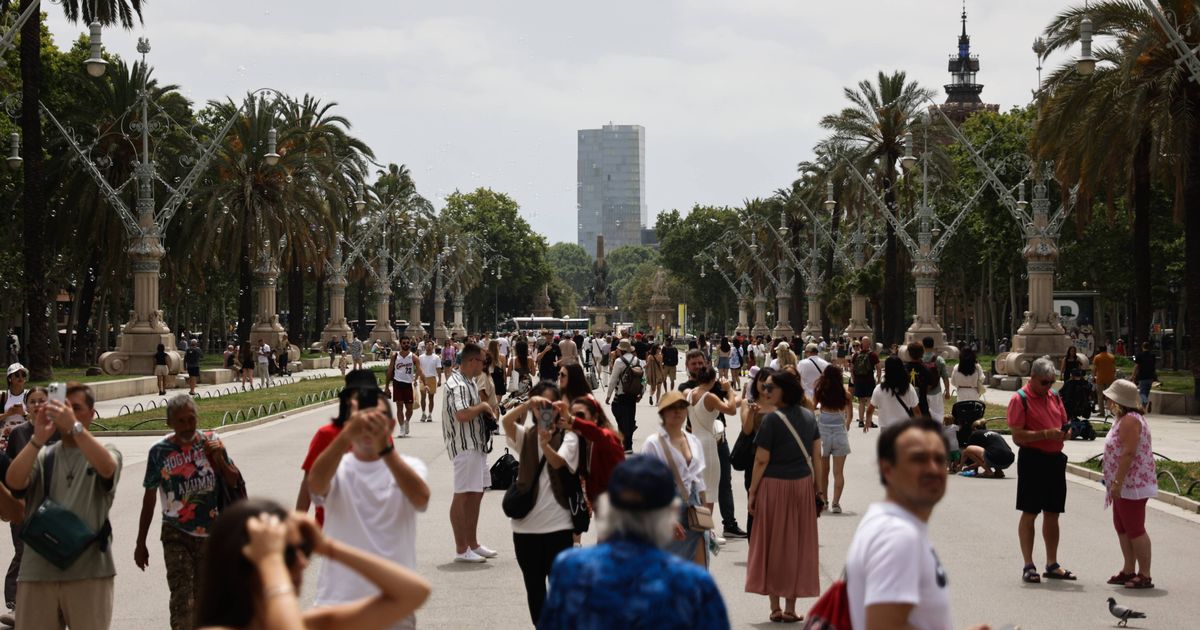Hospitals in the Andalusia region of Spain, including the Costa del Sol, will be 25 percent understaffed from July 1, according to local unions
Christopher Sharp Trendswatch Reporter
17:46, 18 Jun 2025
 Tourists heading to Spain have been warned about potential medical staff shortages (Image: NurPhoto, NurPhoto via Getty Images)
Tourists heading to Spain have been warned about potential medical staff shortages (Image: NurPhoto, NurPhoto via Getty Images)
Tourists planning a summer getaway to Spain‘s Andalusia region, including the popular Costa del Sol, have been cautioned about potential delays due to a shortage of medical staff. Last summer, the region attracted 6.9 million Brits who enjoyed its beaches and hospitality venues.
The anticipated shortage is attributed to the peak tourism season coinciding with the annual leave of some doctors and nurses.
Consequently, local unions have alerted visitors that they might experience delays or limited care if they require medical attention, due to the absence of contingency plans for medical staff going on holiday.
Unions suggest that the lack of medical personnel will become most noticeable from 1 July onwards, and could be so severe that afternoon clinics in some areas may need to close.
They estimate that up to 25 percent of hospital operations could be reduced, meaning hospitals would operate at just 75 percent capacity.
Staff numbers in Andalusia are down by 18 percent compared to 2024, reflecting a decrease in contract hires for that period.
 Much of Europe is about to enter peak tourism season(Image: Getty)
Much of Europe is about to enter peak tourism season(Image: Getty)
Pepe Sánchez of the Satse Union told The i that the situation has been worsened by cuts to Andalusia’s health service following the Covid-19 pandemic, as well as consistent staffing reductions year-on-year.
He noted: “Jellyfish stings, Legionnaires disease, and food poisoning are just some of the things which tourists come down with in the summer. But since the pandemic, some 20,000 health staff have been cut in Andalusia alone.”
Frequent travellers to Europe are being cautioned about potential health risks, not least because of a stark shortfall in medical staff – a situation exacerbated by the reawakening of tourism protests across the continent.
 The shortages have come amid a rise in anti-tourism protests in Europe(Image: Getty)
The shortages have come amid a rise in anti-tourism protests in Europe(Image: Getty)
Activists decrying overtourism have stepped out onto the roads of cities like Spain, Italy, and Portugal, urging for robust action to curb the influx of tourists crowding their streets.
Protests condemning tourist influxes have so far erupted in Lisbon, Venice, Barcelona, Palermo, Milan, Genoa, Naples, Ibiza, Granada, and Palma, with demonstrators resorting to water pistols to express their discontent.
Sharing her views on the adverse impacts of tourism on Barcelona, 21 year old Carmen Naranjo told Sky that the essence of local traditions feels endangered, as if the city is morphing into “an amusement park”.
She articulated her concerns: “With the rise of social media and Airbnbs, it seems like we have given up our traditions, festivities, local spots and so on in favour of mass tourism that does not properly engage with Spanish and Catalan culture and our small local businesses.
“It is not fair for the people of Barcelona to have to endure precarious salaries in hospitality in order to serve mass tourism that stays in these short-term rental apartments, pushing people out of the neighbourhoods we grew up in, as we cannot afford housing anymore.”
